The world is accelerating AI training in schools
In September 2023, Nanjing University, China, announced that it would make artificial intelligence a compulsory subject for all students at the school.
This course covers AI-related skills and topics such as mathematics, programming, data analysis, and interdisciplinary science .
Since the past decade, the country's top universities have invested a lot of resources in AI training. Making AI a compulsory subject reflects China's unified national strategy since 2017.
Another country very close to Vietnam, Singapore, has integrated AI into university teaching and learning, led by Nanyang Technological University.
This school uses the APS academic profile system, which uses AI to analyze student data to find out weaknesses and strengths, thereby creating a personalized learning plan with practical directions and suggestions to improve academic performance, helping students achieve better results, while maintaining longer-term learning motivation.
In Japan, according to a recent survey of 10,000 students from 31 universities, 1 in 2 Japanese students use generative AI. Of these, nearly 30% use AI services regularly for the purposes of writing reports, translating, and consulting.
In 2023, Japan took the lead in releasing guidelines on the use of AI in schools. The guidelines provide details on appropriate and inappropriate uses of AI, permitted and prohibited uses, as well as warnings about personal information security, copyright issues, and how to evaluate information generated by AI.
Similarly, the University of Texas, USA, also released a detailed set of guidelines on the use of AI in teaching and learning. The guidelines suggest students how to use AI effectively and in a controlled manner such as text editing, idea searching, data analysis, helping to improve learning and research efficiency.
Of course, there are principles that must be followed to ensure fairness and honesty in learning.
In Vietnam, the introduction of AI into university training programs has only been implemented in a few institutions. From the next school year, Hanoi National University will require 100% of first-year full-time students to take the course “Introduction to Digital Technology and Artificial Intelligence Applications”.
Previously, since the 2024 school year, FPT University has implemented a program to guide first-year students in using AI in their studies within the framework of the orientation week. The program not only provides skills in using basic AI tools but also emphasizes responsible use, ensuring academic integrity and effectively exploiting the support potential of AI in the university learning process.
FPT University launches AI tutorial program for first-year students as part of orientation week
This is a positive signal, but experts say that to catch up with global trends, Vietnam needs to further accelerate the integration of AI into education.
AI education is needed from primary school level
Clearly, “popularizing” AI to students is an inevitable trend in higher education globally. But to do so, each educational institution needs to develop a clear, visionary strategy.
Currently, most Vietnamese students have not been guided to use AI systematically, effectively, responsibly and with high purpose.
According to experts, Vietnamese students risk falling 10 years behind the world if they do not study AI. Many students are still vague about AI, not aware of the risk of losing job opportunities, the risk of reducing competitiveness in the labor market when they are weak and lack AI skills. Meanwhile, entering the labor market is a very near future, no more than 5 years for first-year students and no more than 1 year for final-year students.
One of the major barriers is that high school students have little exposure to AI. Meanwhile, according to modern educational trends, systematic access to AI from primary and secondary levels not only helps students understand technology but also trains their adaptability, critical thinking and creativity, which are core competencies in the digital age.
FPT general education system always has a full range of STEM - Robotics - Coding - AI playgrounds for students of all ages.
Currently, the trend of choosing a general school is becoming more and more evident in the parent community in Vietnam, which is a shift from schools with strengths in foreign language education to schools with strengths in STEM education, including artificial intelligence.
Ms. Vu Thi Thanh Phuong (Hai Ba Trung, Hanoi) has a son born in 2013. Ms. Phuong once sent her son to a STEM club with the goal of approaching science and technology from the most basic skills. However, after a while, she was not satisfied with the center's curriculum.
Aware of the importance of AI to her child’s future, Ms. Phuong researched information online, then sought out parents with similar goals to form a STEM group and find teachers for her children. According to Ms. Phuong, more and more parents are using this short-term method to educate their children about AI in the context that AI has not yet been included in the curriculum in general schools.
“My son’s STEM group is just a temporary solution. In reality, they will only approach science and technology according to certain topics, not in a consistent and seamless system.
I and many parents are looking forward to high schools transforming digitally, bringing AI into mainstream teaching so that children can learn about artificial intelligence in the most systematic way, without losing time and golden opportunities for middle school students to master AI," said Ms. Phuong.
Recent years have seen a number of general education institutions in Vietnam begin to integrate AI into their curriculum. Notably, the FPT education system has announced plans to implement artificial intelligence content for students from grades 1 to 12, starting from the 2024–2025 school year. The program is flexibly designed for each age group, ensuring that students are familiar with AI from basic to advanced, with a minimum duration of 10 lessons/year.
From the 2024-2025 school year, AI will be integrated into the education program for all students of this education system from grade 1 to grade 12, with a minimum duration of 10 periods/year.
Pioneers in early AI education for students like FPT will create a modern educational ecosystem, creating a solid foundation in AI for the younger generation. However, experts note that schools also need to build AI guidelines like Japan or the University of Texas (USA) have done to help students exploit technology effectively while ensuring ethics, fairness and safety.
FPT


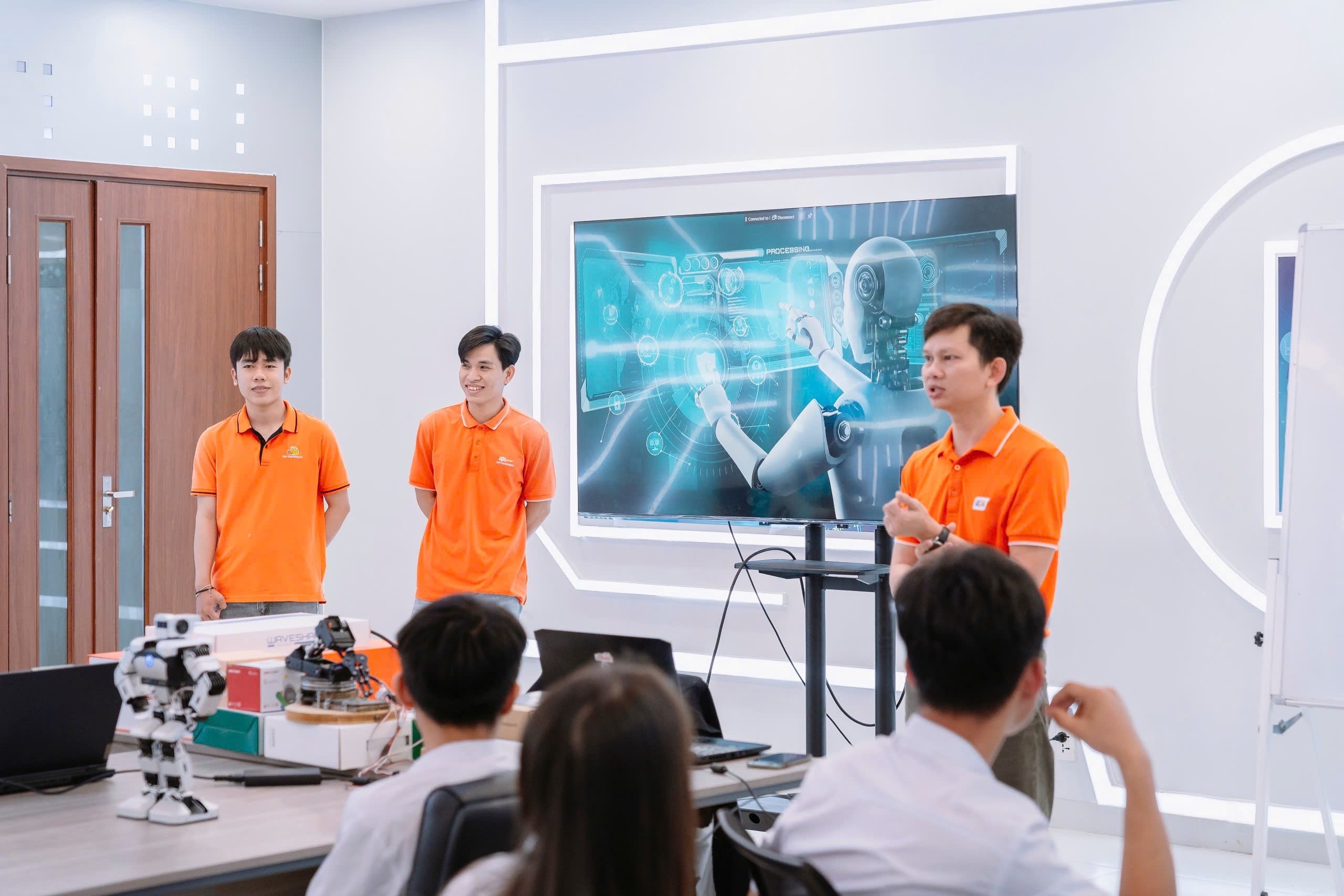
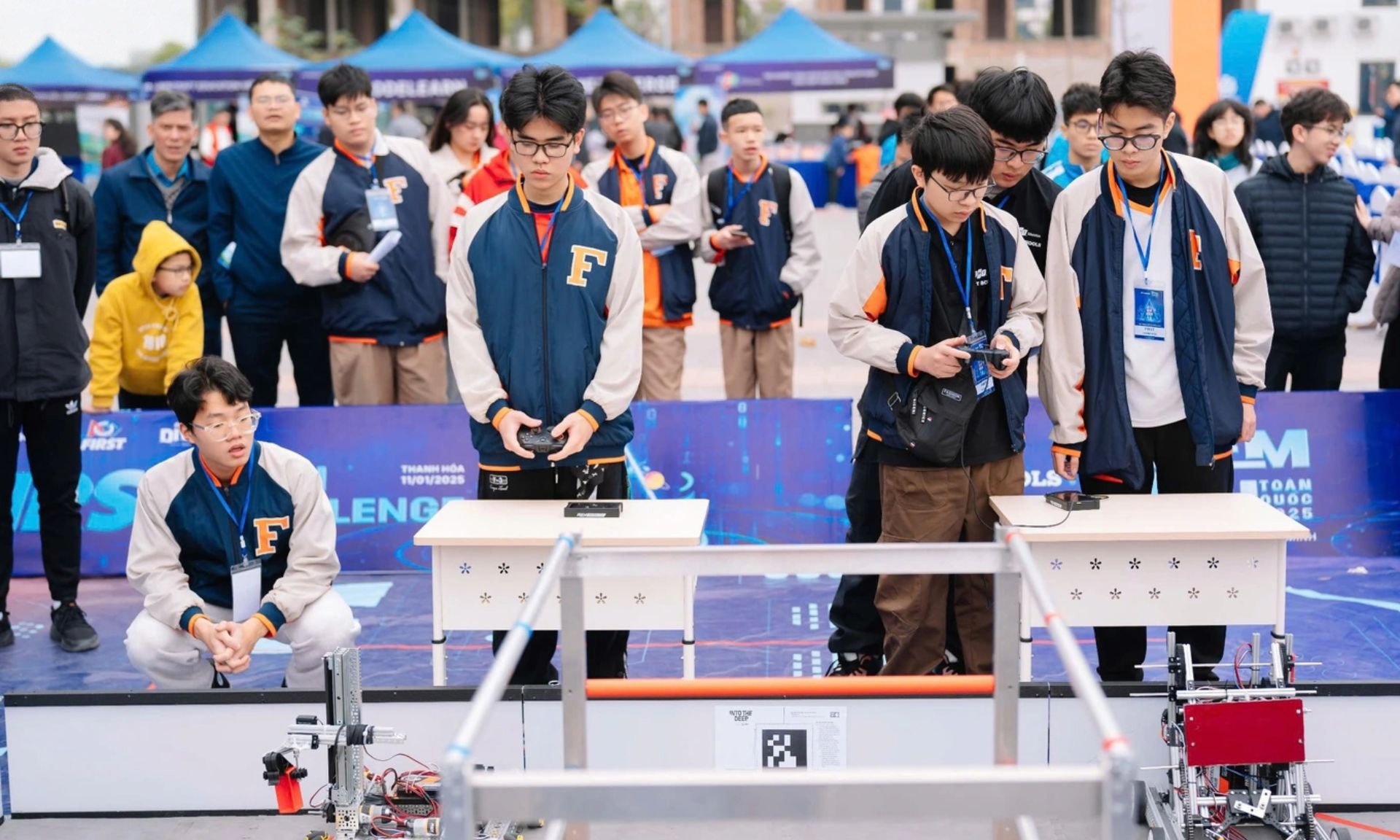






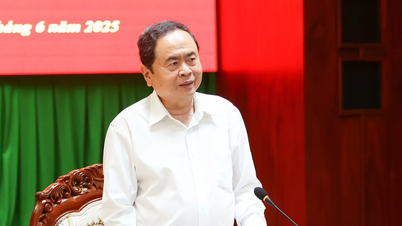

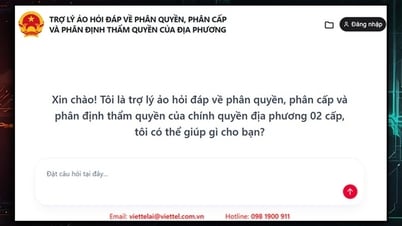



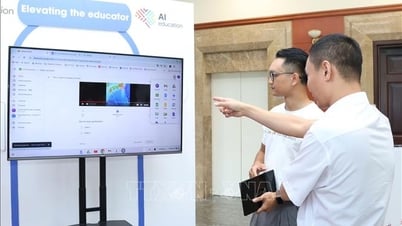





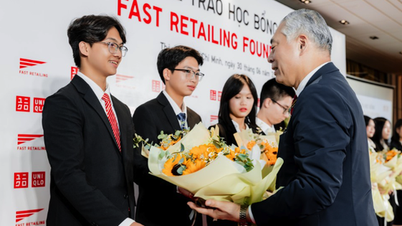



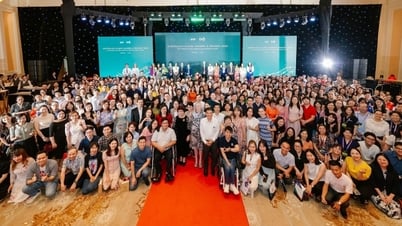



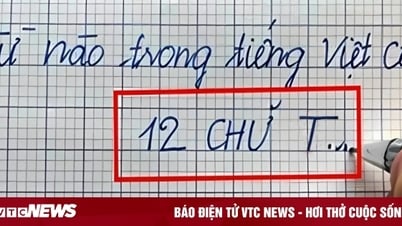

































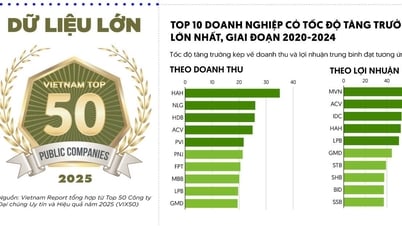


















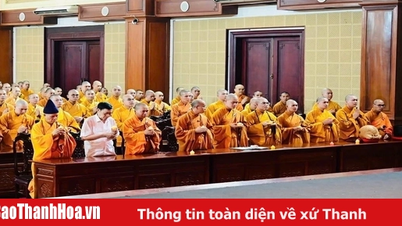

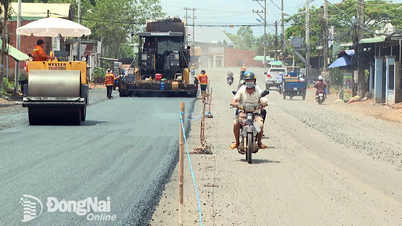























Comment (0)